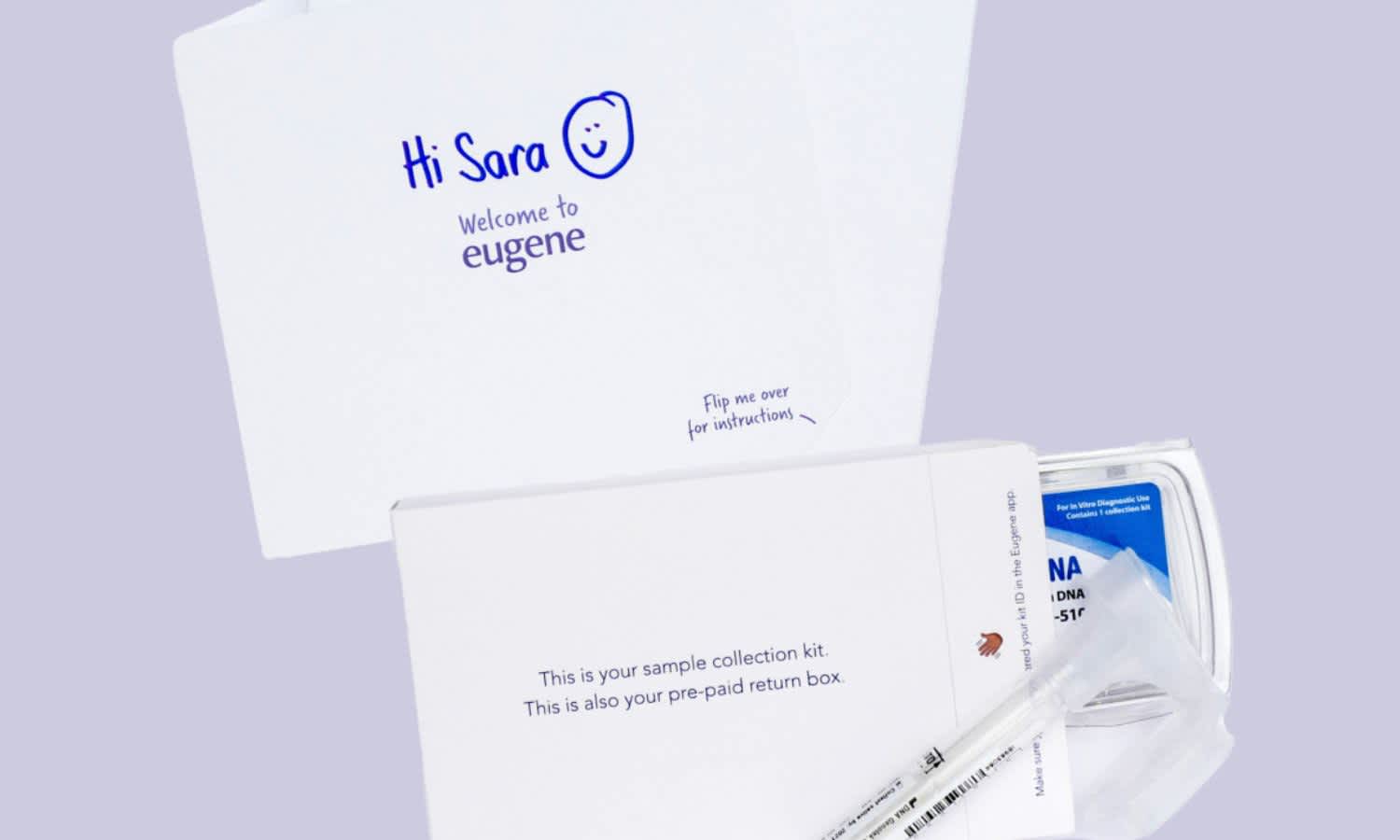If you’re looking into IVF, you might know that an obstetrician will usually make you and your partner do a genetic carrier screening as a pre-requisite for the procedure. The testing typically costs around $600 per person, meaning a total of around $1,200.
One way to significantly cut that cost is by using an at-home genetic testing kit — like with Kin and Eugene’s Genetic Carrier Test, which can be used on women pre-pregnancy or early pregnancy. Though Eugene’s Genetic Carrier Test isn’t new, Australian start-up Kin has partnered with the company to help bring the service to more women.
Using an easy at-home saliva sample, the test will screen for nearly 300 serious conditions, taking between three-to-six weeks from start to finish. Best of all, it’ll only set you back $549 for an individual test, one person testing themselves, and $749 for a couples test, which can be used for couples, of course, and those using a known donor.

You simply buy the at-home test online and get it delivered. Then, you collect your saliva sample and send it back. Finally, you’ll schedule an online consult with a genetic counsellor who’ll go through your results with you. Throughout the process, too, you’ll have access to counsellors and educational videos who’ll be able to answer any questions you might have.
“We all carry gene variations, but when a partner or donor is a carrier of the same condition, there’s a 1 in 4 chance that your children could be affected by that condition,” states the test’s website.
While many women aren’t undergoing genetic testing at all (unless it’s mandatory, like when getting IVF), if they are, they’re opting for a ‘3-Gene carrier screen’, which only looks for Cystic Fibrosis, Spinal Muscular Atrophy, and Fragile X.
“It may be daunting, but knowing this risk can help you make empowered choices about how you plan your pregnancy, or even significantly reduce the risk of having a child affected by the condition,” the page says.
And who doesn’t want to be able to make empowered choices?
Read more stories from The Latch and subscribe to our email newsletter.







